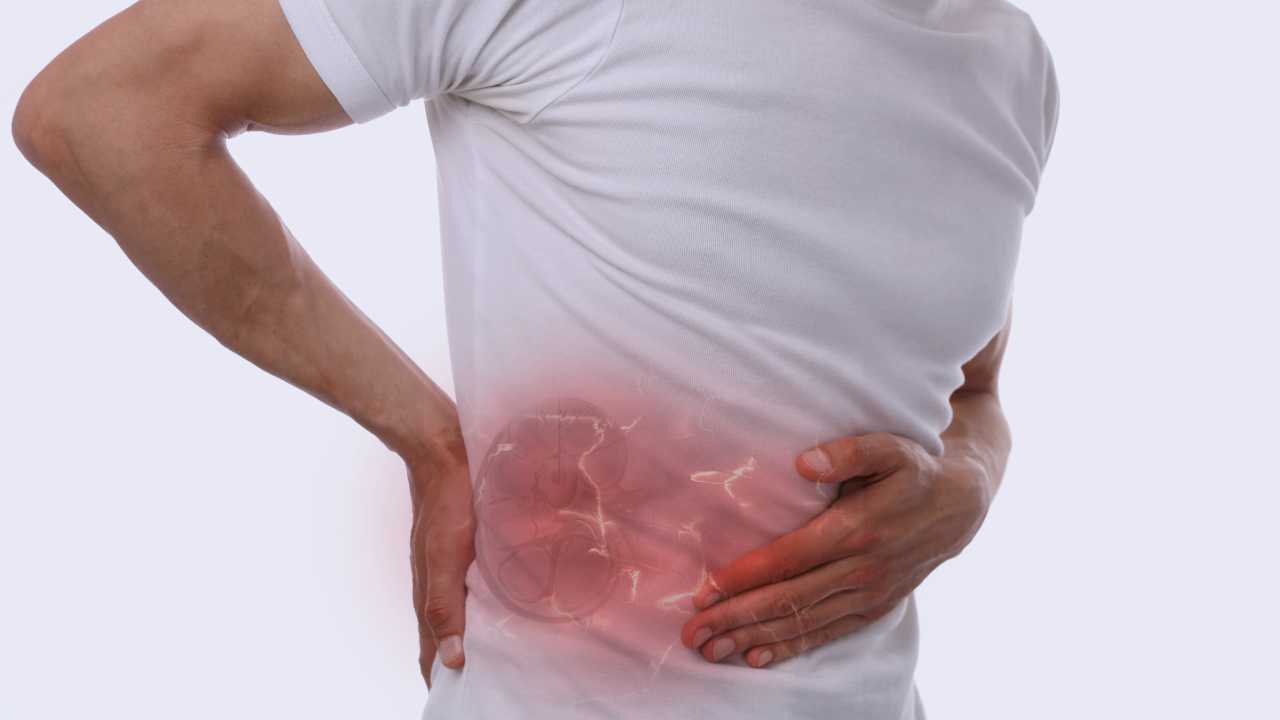Urinary Tract Stones: Unwanted Guests in Your Plumbing System

Imagine you’re enjoying a refreshing glass of water, blissfully unaware that tiny, hard deposits, known as urinary tract stones, are silently forming inside your urinary system. These uninvited guests can cause excruciating pain, hinder your daily activities, and even lead to complications if left untreated.
What are Urinary Tract Stones?
Urinary tract stones, also known as kidney stones, are hard deposits that form in the kidneys, bladder, or ureters, the tubes that transport urine from the kidneys to the bladder. They are composed of various minerals, such as calcium, oxalate, and phosphate, which crystallize due to factors like dehydration, certain medications, and dietary habits.
Symptoms of Urinary Tract Stones
The pain caused by urinary tract stones is often described as severe and colicky, meaning it comes in waves that can intensify and subside. The location of the pain varies depending on the stone’s position. For instance, kidney stones may cause pain in the lower back or flank, while bladder stones may cause discomfort in the lower abdomen.
- Other symptoms of urinary tract stones include:
- Blood in the urine (hematuria)
- Frequent urination (urinary urgency)
- Burning sensation during urination (dysuria)
- Nausea and vomiting
- Fever and chills
Types of Urinary Tract Stones
- There are four main types of urinary tract stones:
- Calcium oxalate stones: The most common type, accounting for about 70% of cases.
- Calcium phosphate stones: These stones are less common than calcium oxalate stones, but they are more likely to cause complications.
- Uric acid stones: These stones form in people with high levels of uric acid in their blood, a condition known as gout.
- Struvite stones: These stones are caused by an infection in the urinary tract and are more common in women.
Risk Factors for Urinary Tract Stones
Several factors increase the risk of developing urinary tract stones, including: Dehydration: Drinking less than the recommended amount of fluids can increase the concentration of minerals in urine, making it more likely for crystals to form.
Diet: A diet high in salt, protein, and animal products can increase the risk of certain types of stones.
Certain medications: Some medications, such as diuretics and antacids, can increase the risk of urinary tract stones.
Medical conditions: Certain medical conditions, such as hyperparathyroidism and chronic urinary tract infections, can increase the risk of urinary tract stones.
Family history: Having a family history of urinary tract stones increases your risk of developing them.
Diagnosis and Treatment of Urinary Tract Stones
Diagnosis of urinary tract stones typically involves a combination of physical examination, medical history, and imaging tests such as X-rays, ultrasound, and CT scans. Treatment options depend on the size and location of the stone, as well as the patient’s overall health.
Small stones may pass naturally with increased fluid intake and pain relievers. However, larger stones or those that cause severe pain or complications may require medical intervention. Treatment options include:
Extracorporeal shock wave lithotripsy (ESWL): This noninvasive procedure uses sound waves to break up stones into smaller pieces that can pass naturally.
Ureteroscopy: In this minimally invasive procedure, a thin, lighted tube is inserted through the urethra and ureter to locate and remove the stone.
Percutaneous nephrolithotomy: This surgical procedure involves making a small incision in the back to remove the stone.
Prevention of Urinary Tract Stones
- While there is no guaranteed way to prevent urinary tract stones, several lifestyle changes can help reduce the risk:
- Drink plenty of fluids: Aim to drink eight glasses of water per day to help dilute urine and prevent crystal formation.
- Eat a healthy diet: Reduce your intake of salt, protein, and animal products, and increase your intake of fruits, vegetables, and whole grains.
- Maintain a healthy weight: Obesity is a risk factor for urinary tract stones.
- Limit certain medications: Talk to your doctor about medications that may increase your risk of urinary tract stones.
Urinary tract stones can be a painful and disruptive experience, but they are often preventable and treatable. By understanding the risk factors, symptoms, and treatment options, you can take steps to protect your urinary health and minimize the chances of these unwelcome guests disrupting your life. Remember, early diagnosis and treatment are key to preventing complications and maintaining a healthy urinary system.








